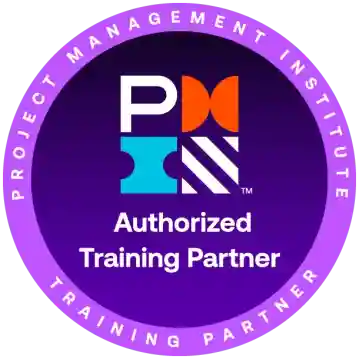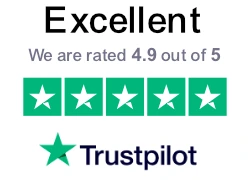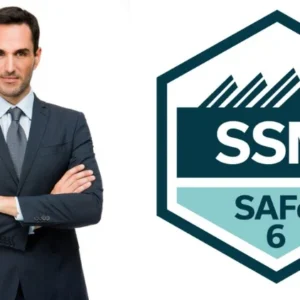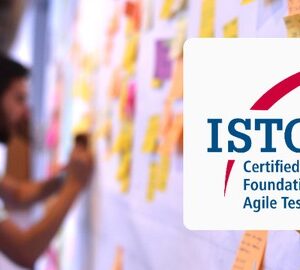Pass Any Angular Interview With Confidence – From Core Concepts to Real-World Scenarios
Angular remains a dominant force in enterprise web development, with demand rising for developers who can implement robust, scalable, and maintainable single-page applications. This comprehensive Angular Interview Questions Practice Tests course with 200 questions and 4 practice tests is designed to prepare you for Angular job interviews and beyond—covering the questions that hiring managers actually ask.
Whether you’re applying to startups or enterprise teams, your ability to answer Angular questions clearly and efficiently will determine your success. This Angular Interview Questions Practice Tests course offers the edge you need to stand out.
Enroll now to build deep Angular fluency, ace technical interviews, and advance your frontend engineering career.
Gururo is a PMI Authorized Training Partner
At-a-glance
Best for
- Frontend developers
- JavaScript developers
- Software engineers
- Anyone Serious
Why Gururo?
- Lowest Cost
- PMI Authorized Training Partner (ATP)
- 24*7 Support
- 365 days access
Course Details
- 4 full-length Angular practice exams
- 200 challenging questions
- Instant Access
- Certificate of Completion
Highlights
- Realistic Exam Simulation
- Aligned with actual interview's blueprint
- Progress Tracking & Review option
- Unlimited Attempts
What You’ll Learn
- Master core Angular concepts including components, modules, services, and dependency injection.
- Demonstrate proficiency in Angular routing, lazy loading, and guards for advanced application flows.
- Implement two-way data binding, reactive forms, and form validation for dynamic UIs.
- Apply Angular directives, pipes, and change detection strategies to optimize performance.
- Troubleshoot and debug Angular applications using Chrome DevTools and Angular CLI.
- Build scalable, maintainable architecture using feature modules and shared service layers.
- Handle asynchronous operations using RxJS Observables, operators, and the async pipe.
- Prepare for real-world Angular interview scenarios through timed, scenario-based questions.
- Understand lifecycle hooks and their role in managing DOM interaction and cleanup.
- Answer questions confidently on Angular 14–16 features, types, and architectural best practices.
What You'll Gain:
- Deep understanding of Angular CLI, component trees, services, routing, and lazy loading.
- Ability to build, validate, and test reactive and template-driven forms.
- Comfort debugging lifecycle hook issues, component interaction problems, and RxJS subscriptions.
- Insights into Angular’s DI system, zones, change detection strategies, and performance optimization.
- Knowledge of the Angular compiler (AOT/JIT), module bundling, and deployment readiness.
- Practice with actual code snippets and architecture diagrams used in technical interviews.
Course Requirements / Prerequisites
- Working knowledge of JavaScript/TypeScript fundamentals is essential.
- Prior experience developing web applications using Angular (v10 or later) is recommended.
- Access to an Angular development environment (e.g., Angular CLI, Node.js) for hands-on testing.
- Familiarity with HTML, CSS, and modern ES6+ syntax.
- Interest in improving real-time UI performance and component communication strategies.
- Readiness to debug and refactor code to meet evolving frontend standards.
- Comfort interpreting stack traces, error messages, and test coverage reports.
- Openness to analyzing both coding logic and architectural reasoning in interview questions.
- Motivation to build job-ready Angular skills and portfolio-quality applications.
- No formal education in frontend development required—this course is focused on practical skills and interview confidence.
Who Should Take This Course?
- Frontend developers preparing for Angular technical interviews.
- JavaScript developers transitioning into Angular-based projects or teams.
- Bootcamp graduates seeking their first frontend engineering role.
- UI/UX professionals enhancing their framework skills with Angular.
- Software engineers brushing up before onsite or take-home assessments.
- Freelancers working with Angular clients who want to ensure framework mastery.
- Full-stack developers using Angular for frontend and Node.js or Java for backend.
- Career switchers moving from jQuery, Vue, or React to Angular.
- Technical leads preparing to interview or mentor Angular developers.
- Anyone building large-scale single-page applications (SPAs) and aiming for production-readiness.



















